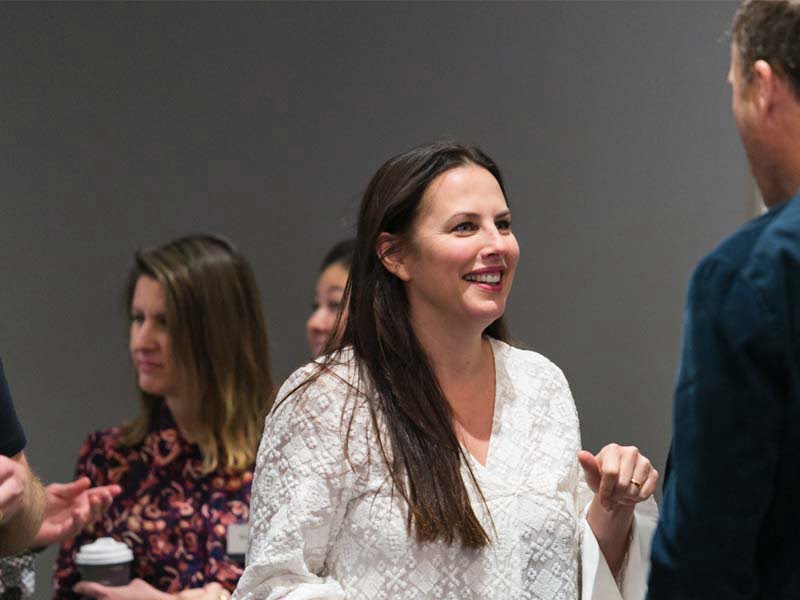For thirteen years Tech23 has given Australia’s young deep tech companies a stage to showcase their wares to potential investors and amplify their voice in the industry.
With companies such as Seer Medical, who showcased in 2019 with their reimaging of diagnostic monitoring to InnovationAus award winners, Sea Forest, which took part in Tech23’s ‘Impact Circles’ earlier this year; it is easy to see why Tech23 is a flagship event for the innovation ecosystem.

On Wednesday December 15, Tech23 will again provide a forum for the best and brightest young Australian deep tech companies.
The event at Doltone House in Pyrmont kicks off bright and early – with doors opening 8:30 am, and going until 3:30 in the afternoon. The day will be filled with presentations from both representatives of the companies and industry leaders alike.
The presentations will discuss how innovation can provide solutions to our biggest challenges – health and climate change – while also exploring the future of deep tech – the use of ‘supertools’ and the impact of ESG (Environmental, Social and Governance) on the industry.
Tech23 has released a booklet in the lead up to the event, choc-full of great insights from industry leaders as well as profiles of all the companies in this years’ event.
Coming into 2021’s Tech23, Rachel Slattery, the founder of Slatterys (the team behind Tech23), says the COVID-19 pandemic had brought the importance of technology and innovation to the forefront of public awareness.
“People are more ready to realise there are answers and solutions in our own backyard to chip away at some of these big problems. A couple of years ago it was more pie-in-the-sky to talk about deep tech, but now it’s ‘we should have been thinking about that yesterday’,” Ms Slattery said.
While Tech23 does a great job showcasing tech from different silos, Ms Slattery says the greater impact of the event is the cross-pollination of ideas, and the opportunity for people from different fields to engage with one another.
“That’s something that I believe in – coss-fertilisation. Previously, AgTech would talk to AgTech or MedTech to MedTech, and that’s fantastic, but when they get out of their silos – thats’ when the magic happens – at the intersections,” Ms Slattery said.
“Look at our backyard, there is so much great stuff happening at a state level, but it needs to be brought together a lot of the time to maximise the opportunities.”
A big feature of this year’s Tech23 is re-imaging and revolutionising how we do things. Tiny Bright Things is changing the way microscopes are used with their Halo Element – a technology that allows researchers to obverse samples in moving and live systems at a nanoscale without altering them.
Atmos Biosciences is demystifying the human gut micro-biome with their world’s first indigestible, gas-sensing capsule. A technology that will help researchers and medical professionals better diagnose and treat gastrointestinal disorders.
HB11 Energy is developing a new form of clean energy after decades of research from their scientific director Professor Heinrich Hora. They use high powered lasers to create a non-thermal fusion between boron and hydrogen. HB11 are currently conduction research into large-scale clean energy production that will make an impact on climate change.
While other companies like Jupiter Ionics and MGA Thermal are also tackling climate change through deep tech. Jupiter Ionics is developing advanced electrochemical technologies to one day power the economy through Green Ammonia. MGA Thermal is using a new thermal energy storage technology to help firm and dispatch renewable energy on demand.
A full program of the day is available here and if you would like to register please click here.
Do you know more? Contact James Riley via Email.
